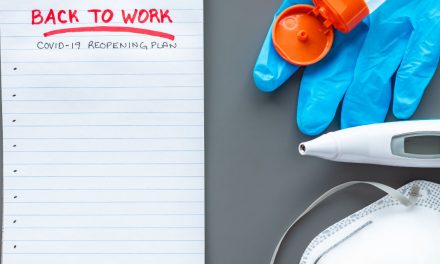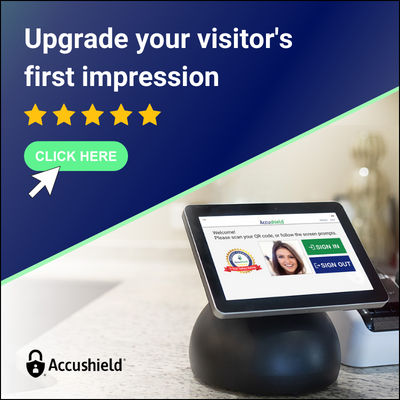With all the data-driven approaches that will inevitably overpower our field, the case for good old-fashioned relationships may become even stronger.
By Veronica Barber
I’m a planner. In almost every life scenario I think about what I’ll do, how I’ll do it, when I’ll do it, etc. I’ve always envied my “spontaneous” friends. They simply experience life. They act without thinking. They are the “doers” that get stuff done quickly. But how do these very different personality styles translate to organizational success. Do the “doers” have the edge over the “planners” or vice versa?
Recently, I had the pleasure of learning from two completely different organizations. One is a large national therapy provider while the other is a multi-site life plan community in the Northeast. The therapy provider is a highly innovative privately-owned company that prides itself on standardization and being “best-in-class.” While the life plan community is a faith-based not-for-profit organization that seems to have relied on simply doing what “feels right” over the years.
Data-Driven Approach
While working with the therapy provider to assess their current level of employee engagement, it was apparent to me that they were highly data oriented. Many aspects of the employee journey were tracked and monitored. They were seeking consulting services to better assess employment engagement to improve employee retention. They were looking for more data, and ultimately some data-indicators that they could track in the future to monitor employee engagement. They were very determined and very purposeful about their approach. They were focused on every aspect of the employee journey from the selection/hire process to ongoing employee engagement/development.
Relationship-Driven Approach
Then comes the life plan community. Ironically, they were looking for some standardization and systems-approaches for their communities. They felt improvements were needed from an operational standpoint, and wanted to be more purposeful going forward. But never once did the word “data” enter the conversation. In fact, it didn’t appear that they were data-oriented at all. Instead, all I heard about during my visit was a focus on relationships. Not just the surface “hospitality” approach to relationships, but the deep “knowing one another” relationships. From employees to residents to board members, it was evident that authentic relationships existed, whereby people were truly a part of each other’s lives. That invisible line between employee-resident or supervisor-supervisee didn’t appear to exist.
Doing vs Being
There is growing pressure for our industry to be more adaptive, more “business-like,” and more reliant on technology. Values-based payment policies are upon us and we’re moving toward the use of predictive analytics. However, with all the data-driven approaches that will inevitably overpower our field, the case for good old-fashioned relationships may become even stronger. By knowing each other, and doing the “right” things, we can grow relationships, and gain employee/customer loyalty. All the strategic plans, goals, and metrics, will never replace the need to experience life with the people we employee and serve. This is how we will best know them and know their needs and desires. We can spend our time tracking and analyzing trends, and then act; or we can simply learn as we go from person to person, and take immediate action each time.
Not surprisingly, both the therapy company and life plan organization are very successful. However, the therapy company will be spending more time developing and sustaining employee relationships in the future, while the life plan organization will be standardizing operations and focusing on some data-driven metrics. So, to answer the question – “Do the doers have the edge over the planners, or vice versa” – neither have the edge, they are both needed!








